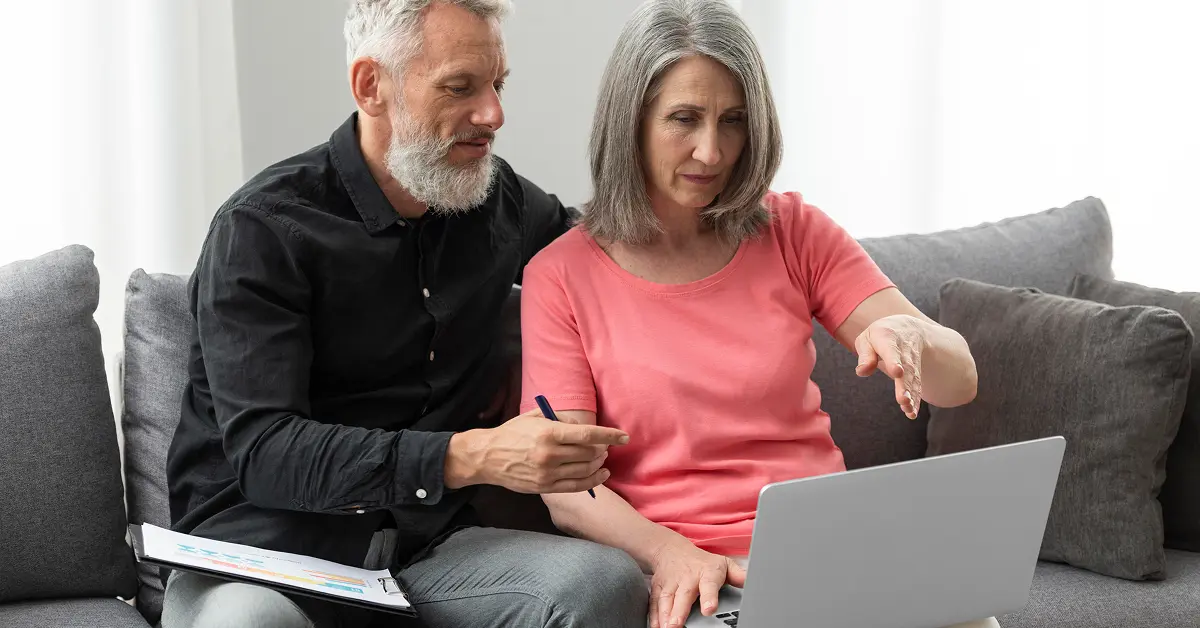Choosing the right patient caregiver can feel overwhelming, especially when you're making decisions for a loved one recovering from surgery, dealing with chronic illness, or facing age-related health issues. In India, the demand for qualified in-home caregivers has surged due to busy urban lifestyles and the increasing need for personalised healthcare. Whether you’re hiring through an agency or independently, selecting the right caregiver requires careful planning, clarity on your needs, and a clear checklist.
Here’s a complete guide to help you choose the right patient caregiver for your needs, whether it’s for Patient Care or long-term chronic support.
Understand Your Specific Needs
The first step in choosing the right caregiver is understanding what kind of care is needed. Not all caregivers provide the same level of support. Make a list of daily activities and medical assistance your patient requires. Some common scenarios include:
- Elderly care: mobility help, medication reminders, hygiene assistance
- Post-surgical care: wound dressing, physiotherapy support, medication management
- Palliative care: comfort care, emotional support, pain management
- Chronic illness care: diabetes, paralysis, dementia, etc.
Choose Between Independent Caregiver and Agency

In India, you have two primary options:
A. Independent Caregivers
These are individuals offering caregiving services on a freelance or direct-hire basis. Hiring independently might be cost-effective, but it comes with the responsibility of verifying qualifications, background checks, and managing work schedules yourself.
B. Caregiver Agencies
Agencies offer vetted, trained, and sometimes certified caregivers. They handle scheduling, replacements, and ensure continuity of care. While agencies charge a bit more, the reliability and support system often justify the cost.
Pro Tip: Always check if the agency is registered and has a good reputation (look for Google reviews or Justdial ratings in India).
Check Qualifications and Experience
Ask these questions when screening a caregiver:
- Do they have experience with similar cases?
- Are they trained in basic first aid or CPR?
- Do they know how to handle mobility aids (wheelchairs, walkers)?
- Have they previously worked with elderly or bedridden patients?
If the patient needs medical attention, consider a nurse-attendant or GDA (General Duty Assistant) with medical training. In India, many reputable caregivers are trained through National Skill Development Corporation (NSDC) affiliated programs.
Verify Credentials and Background
Always conduct a thorough background check, especially for independent caregivers. This includes:
- Aadhaar or PAN ID verification
- Police clearance certificate
- References from previous employers
- Health check reports (important for contagious disease safety)
Most agencies handle this step, but if hiring independently, don’t skip it. You can also request a short trial period (1-3 days) before committing long-term.
Evaluate Communication and Personality Fit
A good caregiver should not only be skilled but also compassionate, respectful, and calm under pressure. Observe during the first few interactions:
- Are they patient while communicating?
- Do they show empathy and respect?
- How do they interact with the patient?
- Are they comfortable with the family’s language (Hindi, Tamil, Bengali, etc.)?
A caregiver who connects emotionally can make recovery or long-term care significantly easier for both the patient and the family.
Discuss Expectations Clearly
Set expectations early to avoid confusion later. Prepare a document that includes:
- Daily schedule and tasks
- Medication times and dosages
- Meal preferences and dietary restrictions
- Mobility support and exercise
- Emergency contact list
Discuss salary, weekly offs, work hours, and notice periods. In India, full-time live-in caregivers typically charge between ₹15,000 to ₹30,000 per month depending on experience and location.
Consider Language and Cultural Compatibility
In Indian households, cultural understanding and language can play a major role. For example:
- Elderly patients may only be comfortable speaking their regional language.
- Caregivers must respect religious practices, vegetarian diets, or fasting days.
- Gender preference matters, especially for female patients requiring personal care.
These aspects build trust and ensure smoother communication.
Look for Flexibility and Emergency Preparedness
Health needs can change suddenly. Choose a caregiver who is:
- Comfortable adjusting to new care routines
- Able to act quickly during a medical emergency
- Aware of nearby hospitals or clinics
If hiring via an agency, ask about their emergency backup support or replacement policies.
Use a Trial Period Before Committing
A trial period helps assess real-time compatibility. It allows you to observe:
- Timeliness
- Work ethic
- Respect towards the patient
- Ability to follow medical instructions
If the patient or family feels uncomfortable, it’s okay to look for someone else. Caregiving is a sensitive task—there must be mutual comfort.
Maintain Clear Communication and Feedback
Once a caregiver is hired, keep a communication channel open:
- Have regular check-ins to review progress or issues
- Use a diary or WhatsApp group to update daily activities
- Provide positive and constructive feedback
Involving the patient in these discussions, if possible, will empower them and keep them engaged in their own care.
Final Thoughts
Hiring a patient caregiver is an emotional and logistical decision. In India, where family bonds are strong and cultural sensitivities matter, the right caregiver becomes a part of your extended family. Whether you’re supporting an ageing parent or recovering from surgery, a competent and caring professional can dramatically improve quality of life.
Do your research, clarify your needs, trust your instincts, and prioritize both skills and compassion. With the right match, patient care at home can be both safe and comforting.
Need help finding a reliable caregiver in your city?
Explore registered agencies in your area or use trusted platforms like Portea, Care24, or HealthCare atHOME that provide trained patient attendants across major Indian cities.
Contents
- Understand Your Specific Needs
- Choose Between Independent Caregiver and Agency
- Check Qualifications and Experience
- Verify Credentials and Background
- Evaluate Communication and Personality Fit
- Discuss Expectations Clearly
- Consider Language and Cultural Compatibility
- Look for Flexibility and Emergency Preparedness
- Use a Trial Period Before Committing
- Maintain Clear Communication and Feedback
- Final Thoughts
Our 24*7 services
Latest Posts
- What Is Respite Care and Why Is It Important
- Affordable home care for senior citizens in India
- Caring for Seniors with Dementia or Alzheimer's at Home
- Senior Caregiving A Guide for Every Family
- How to Write a Caregiver Resume That Gets You Hired
- How Care After Hospital Discharge Speeds Up Recovery at Home
- How to Get Home Health Care for Seniors Through Medicare
- What Does a Senior Citizen Caregiver Really Do at Home
- How to Care for Elderly Parents with Alzheimer’s or Dementia
- How to Get 24-Hour Care for Seniors at Home



